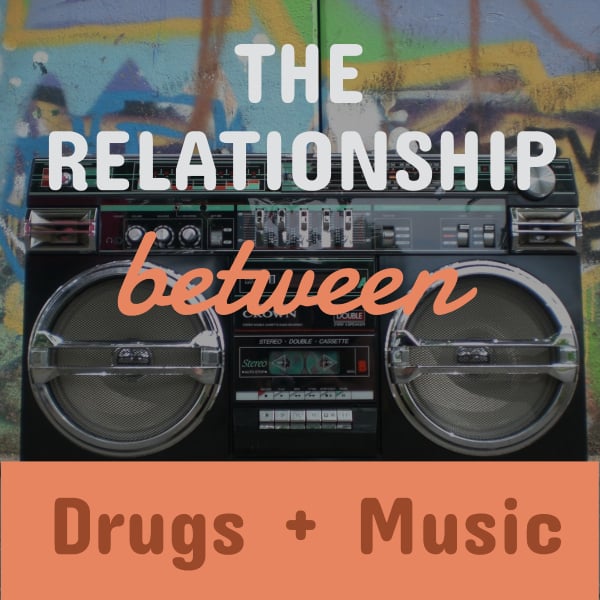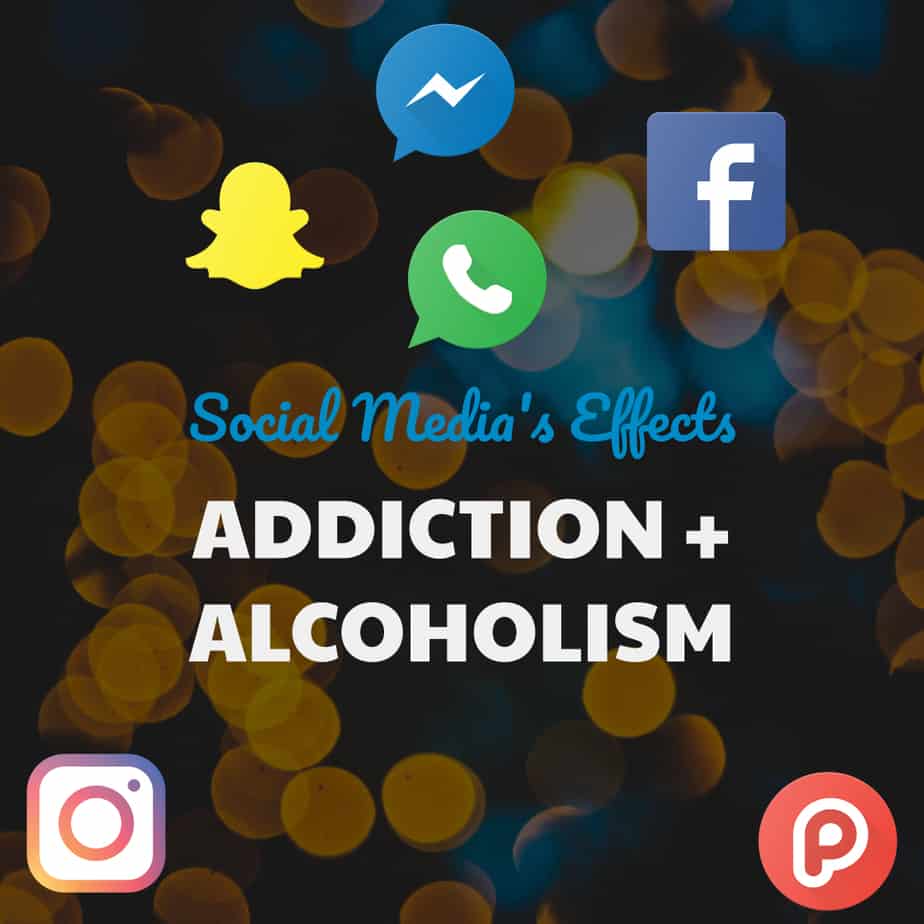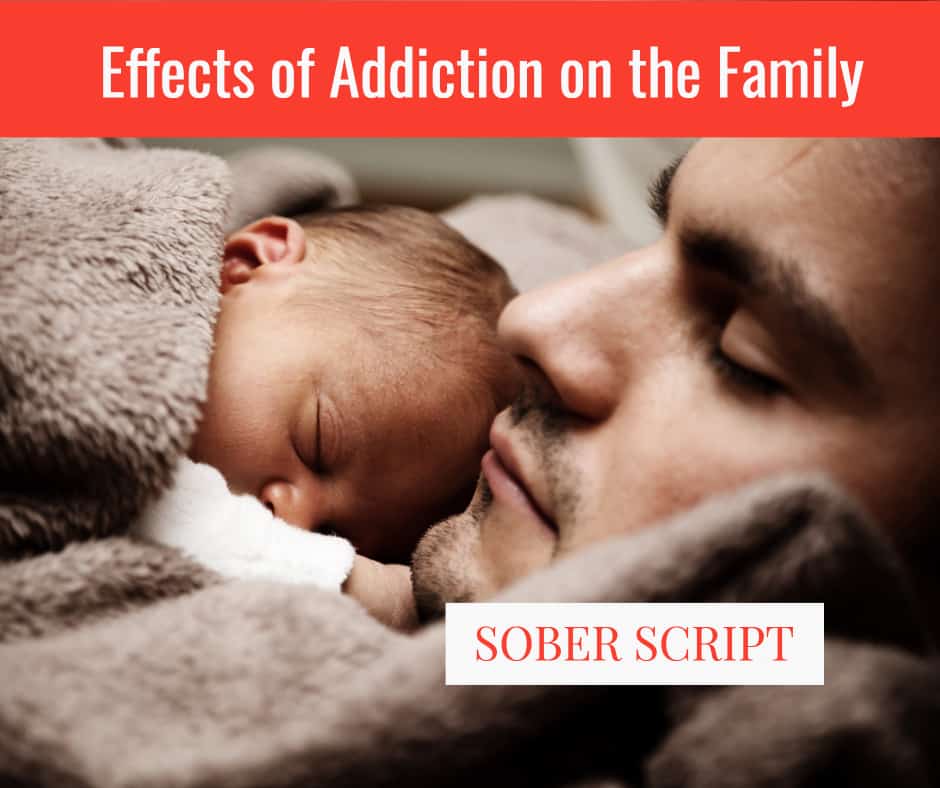Enablement vs Love: The Family’s Role in an Addict’s Life
What should the family do to help an addict? Often, family members find themselves propagating the dangerous lifestyle of an addict, not knowing how to help. Families members might try to control the condition, but they might find themselves enabling the addict to continue with their risky behavior.
What Entails Enablement?
Alcoholic enablement or any other form of enablement occurs when family, friends, or institutions support substance use through their behaviors, thoughts, or rules. Family members or other parties who enable the behavior cushion the addict from facing the consequences of the addiction.
Enablement results in loss of respect. The enabler loses respect for the addict, and the addict loses respect for the enabler. This is so as both parties understand the risks that come with substance use and yet they continue propagating the use. Addiction enablement creates a permissive attitude towards the use of drugs and dissuades the addict from seeking treatment.
Because there is no one to help them shun the addiction, addicts might lose faith in their ability to beat the addiction and instead engage more in drugs and substances. Instead of enabling behavior, families, friends, and institutions should encourage addicts to seek treatment.
Signs of Addiction Enablement within the Family
Most family members enable an addict because they feel responsible for the risky lifestyle. They feel the guilt of letting the substance use disorder start in the first place, and they try to make up for it by giving up their time, energy, and money.
Family members enable an addict in a bid to take part in the shame and suffering that a loved one might be feeling. However, while doing so, they prevent the addict from seeking addiction treatment. There are many forms of enabling behavior. Family members need to recognize when they start to allow addiction and stop before propagating the risky lifestyle too far.
Some of the forms include:
- Denial –This is common in almost all families when they first realize that their loved one abuses substances. They refuse to acknowledge and accept that their loved one has an addiction problem. Instead, they think the problem is minor, and they can help the addict at home. They do not seek treatment when needed because they still haven’t accepted the condition.
- Justification – Justification comes after denial. Here, families come up with all the reasons to justify the addiction problem. For instance, the members might accept that alcohol helps relieve the stress from work. Parents might also say that substance addiction is only due to peer pressure and will stop once their kids graduate.
- Deliberately Allowing Substance Use – Some family members feel like they can control the situation by allowing their loved ones to use the drugs at home and not away from it. They can even take the drugs or alcohol with the addict in a bid to control how much they take. This way, the addict heads home whenever they feel like using the drugs and not any other risky places.
- Suppressing the Feelings – Keeping quiet about the addiction is equivalent to enablement. When family members do not express their concerns about the addiction, the addict gets a reason to continue abusing drugs. In most cases, the substance user convinces the family members that the problem is minor and they will discontinue it. When members are convinced, they tend to reserve their feelings.
- Ignoring the Problem – It is easier for family members to ignore the problem than confront it and create chaos at home. Instead of seeking treatment, the family members might consider focusing on the peace at home.
- Avoiding the Shame – Addiction and going to rehab might feel shameful. Family members avoid the stigma of substance abuse by talking about the addict in positive light to friends and co-workers.
- Belittling the Condition – Family members might feel that the substance user could be in a worse situation than they currently are. They treat the condition at home and hope that it will improve with time.
- Adopting a Negative Attitude towards the Patient – When a family member pushes an addict away, they enable their behavior more. Alienated from the family, the addict engages in destructive substance use.
- Helping an Addict Perform Daily Tasks – When family members take over the duties and responsibilities of an addict, they are freeing up their time for alcohol and substance use. Taking over their responsibilities and providing them with money takes away the guilt and makes them less accountable and allows them to indulge in the risky behavior.
- Controlling the Addict –Controlling the addict through rules and restrictions only makes the condition worse. The controlling behavior might drive them further from the family unit as they start feeling inferior. They will seek solace by hanging out with their substance-using friends and avoid going home.
Enablement vs Love in a School Setting
Schools have strict policies on drug and substance abuse. However, friends and faculty members can enable substance use. Signs of addiction enablement in school include:
- Failure by the school to regulate places where students consume drugs and alcohol can propagate addiction. When there are unsupervised areas in the school compound, students feel that they have a safe space to engage in substance abuse.
- Ignoring the drug problem – Most schools understand that the drug problem exists in the school. Still, they fail to acknowledge it, allowing students to continue with their risky lifestyles without the fear of repercussions.
- Disregarding Substance Use Behavior – When students accept openly that they are into drugs and substances, faculty might ignore the condition thereby reinforcing the behavior.
- Failure to discipline students – When instructors or faculty members fail to report students to the student assistance programs, they delay them from getting the help they need.
- Failure to set rules on substance use – In a school where there are no rules, students feel that there will be no consequences for their substance use.
- Counseling without training – If teachers and school staff are not trained to counsel students against drug use, they may not know what to do. They might go at it with so much aggression or leniency that the student may not get the help they need.
- Denial about a student – When a student shows excellent academic or athletic performance, teachers and staff might deny that they are ever involved in substance use.
- Lowering performance expectations for addicted students – When a student feels inferior, they will engage in substance use even more.
Ignoring the substance abuse crisis in schools and colleges only makes the situation worse. If teachers, students, and faculty members can recognize the drugs and alcoholic enablement behavior, they can encourage students to seek treatment for full recovery.
Risks of Addiction Enablement
Addiction affects the family members almost as much as it affects the substance abuser. A dysfunctional family dynamic may be the contributing factor to a codependence between family members and the addict. When family members enable a loved one with substance use disorder, they allow the disorder to flourish.
Family members of an addict need to set strict boundaries to ensure they do not fall to the behavior as well. Family members have a hard time dealing with an addict’s lifestyle. The experience can be traumatizing for some family members, especially children. Some of the family members end up falling into addiction in a bid to help cope with the stress and trauma.
Identify Codependency Behavior
Codependency is a self-destructive behavior that affects one’s ability to have a healthy relationship. Such behavior encourages obsessive relationships where an individual acquires behavior by observing the behavior of other family members.
Codependency is common in dysfunctional families where one member has a substance abuse issue or any other issue. In such a family, some members experience negative feelings that other family members may dismiss including fear, anger, pain, and shame. Codependent family members sacrifice their time, energy, money, and respect to help a member struggling with substance abuse. Such behavior affects the codependent’s health and safety.
Dysfunctional families have not accepted that a loved one is struggling with addiction. Instead, they suppress their feelings and are void of any emotions. The family members develop coping mechanisms that help them avoid their emotions. A codependent member with low self-esteem will develop acceptance issues and they may look to other people to feel better about themselves. Most of them end up abusing alcohol and drugs to deal with their feelings.
Codependent patterns are as follows:
Denial – This occurs when family members cannot express their feelings towards the addict or the substance abuse behavior. Instead, the members take out their anger on others and act as if they do not require anyone’s help. They might try to mask their pain with anger, isolation, and humor and sometimes engage in aggressive behaviors passively.
Control – Controlling family members feel that addicts cannot handle their own lives. They therefore proceed to offer unsolicited advice and they feel angered when the addict fails to heed their advice. They might also try to use money to influence the addicts while refusing to compromise or get into a discussion with the addict.
Compliance – Compliance comes when the codependent member dedicates their time, energy, and resources to help the addict. A compliant family member tends to empathize with the family member addicted to drugs and they disregard their well-being when they make the decisions. They may even change their beliefs just to fit in.
Avoidance – Codependents who show avoidance start by judging other people. They may avoid confronting them but use evasive words to hide their feelings so as not to feel weak. These are people who feel weak whenever they feel emotional. They will never show appreciation or emotions.
Low self-esteem – These is for codependents who feel that they can never amount to anything. This group will experience embarrassment when someone recognizes them, sends them gifts, or praises them. This group cannot admit that they made a mistake and they struggle with setting boundaries and priorities. This group needs praise to feel worthy of anything.
Love vs Enablement – How to Help
Drugs and alcoholic enablement only makes a substance user continue with their lifestyle. Families need to recognize addiction enablement behavior and cease to help the addict towards recovery. Families can instead take several steps to help their family member recover from the addiction.
Attend Al-Anon and Nar-Anon Meetings
These are meetings for family members and friends of people suffering from alcohol or narcotics abuse disorder. The meetings provide a platform where members can share their concern. On attending the meetings, the members listen to the experiences of other people. The members learn to distance their emotion from substance use disorder. Such meetings will encourage family members to seek treatment for their addicted member.
Set Boundaries
Addiction can cause a ripple effect on family members where members of the addict might seek solace by engaging in drugs. Clear boundaries ensure that family members are stress-free.
Stop Justifying Addiction
When family members justify addiction by giving excuses, they only propagate addiction. Some of the ways families do that is by providing false information regarding a member’s whereabouts when they miss work, events, or financial obligations. It might be challenging to say no to a loved one but refusing to enable their addiction is the best way to help them recover.
Attend Family Therapy Sessions
When one family member gets into drugs and substance abuse, the whole family is affected. Family members might change their lifestyle to protect the addicted. Family therapy can help family members cope with the stress stemming from the addiction issue. Therapy can also bring out underlying issues that the family is afraid to address.
Get the Addicted into a Treatment Plan
Recovery can take a lifetime. Families have to be committed to helping the loved one get through the process. Even after a member undergoes treatment and is back to normal life, a relapse is possible. As such, family members need to commit to attending therapy sessions with the addicted family member to learn new ways to interact.
s




